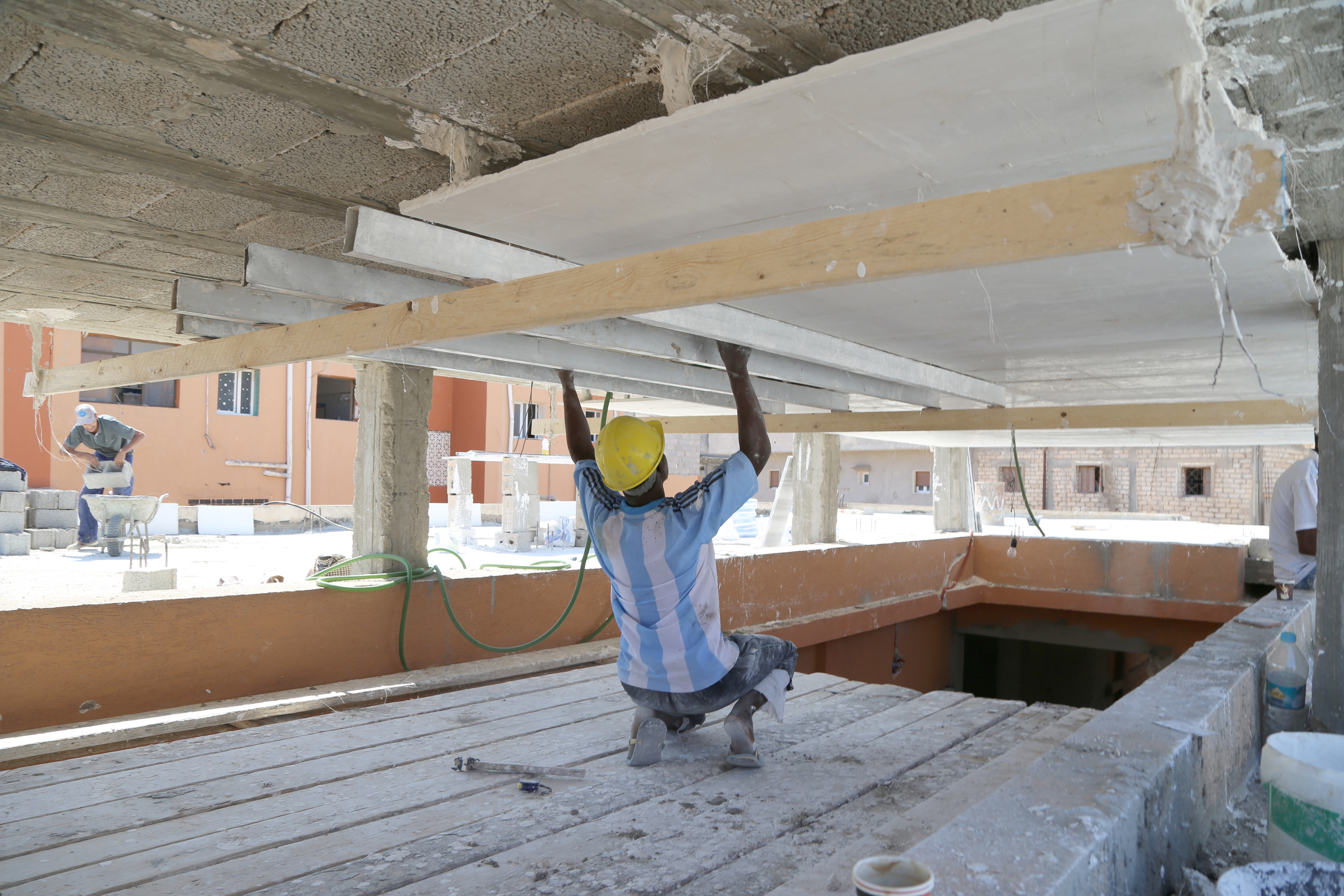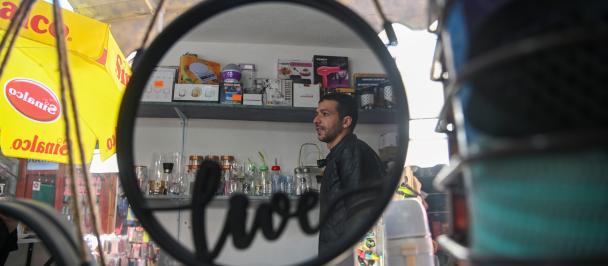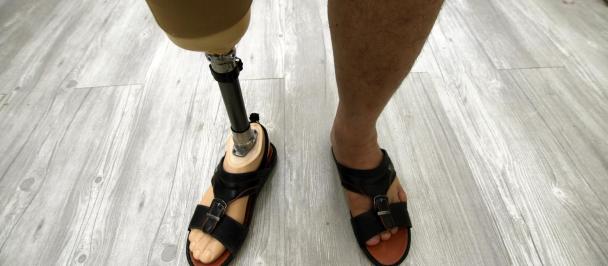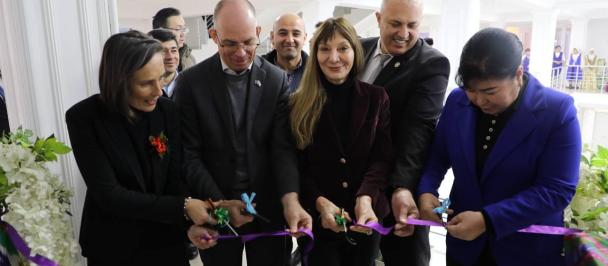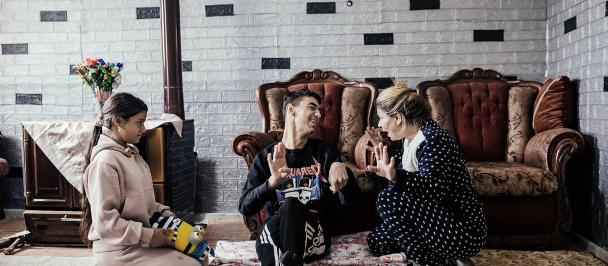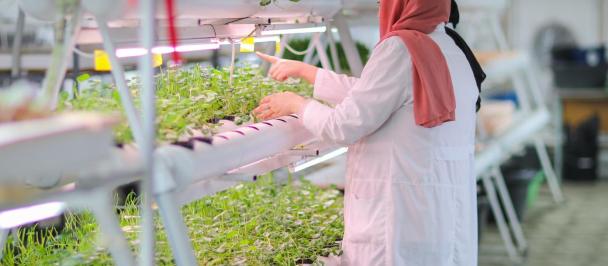New EU-funded programme will support 24 municipalities in Libya to improve access to health, education, water and sanitation (WASH) and social services. Photo: UNDP
The UN Development Programme (UNDP) and the UN Children’s Fund (UNICEF) have joined forces to improve access to basic services for the most vulnerable in Libya.
This €50 million programme, funded by the EU will support 24 municipalities across the country in improving access to health, education, water and sanitation (WASH) and social services. UNDP and UNICEF will also support collection of data to inform decision-making and build the capacity of ministries and national partners.
Today, 670,500 people lack access to water and sanitation in Libya. The crisis has affected 267,000 students, damaging 489 schools, 40 of which have been destroyed. In 1 out of 4 communities hosting migrants, migrant children do not have access to education. The programme will address these needs, mitigating the impact of the humanitarian crisis and strengthening the protection of the most vulnerable.
Formulated jointly by the European Commission and Italy, the “Recovery, Stability and Socio-economic Development” programme in Libya seeks to improve basic services for both residents and migrants, refugees and internally displaced persons in the 24 municipalities.
“This is the largest programme that the European Union has ever financed in direct support to improving the delivery of key public services by Libyan municipalities. Providing timely access to quality services, in particular for the most vulnerable people of the country, is essential for the future of Libya. As the Programme covers 24 Libyan municipalities, it aims to contribute to a wide and balanced coverage across the whole country”, said EU Ambassador to Libya, Alan Bugeja.
UNDP Country Director to Libya, Sultan Hajiyev said: “One of UNDP’s priorities is to support authorities in their efforts to strengthen local governance to provide basic and social services. This is of crucial importance to promote SDGs as a tool for addressing the most urgent needs of Libya. Access to quality services is key to achieve peace and stability across the country. We are therefore very grateful to our EU partners for their invaluable support. I am also pleased we will be implementing this programme together with UNICEF as we expect this to enable us to maximize impact and ensure synergies between our agencies”.
“After seven years of conflict and increasing migration flows through Libya, the ability of local municipalities to meet the needs of their populations have been severely hampered, with children and young people particularly affected,” said UNICEF Special Representative in Libya, Mr. Abdel-Rahman Ghandour. “This latest funding from the European Union, therefore, is extremely welcomed and means UNICEF will be able to ensure that more children are protected, able to get education in a safe environment and access the health services that they need.”
UNDP and UNICEF will carry out the project in partnership with the Italian Development Cooperation Agency and in close coordination with national authorities, the Presidential Council, and the Government of National Accord.
For more information please contact:
Ali El Asmar, EU Delegation Press Officer, ali.el-asmar@eeas.europa.eu Twitter: @EUDELtoLibya Facebook: @EUinLibya
Hilaria Espin, UNDP Communication Specialist, Hilaria.espin@undp.org
Mostafa Omar, UNICEF Communication Specialist mosomar@unicef.org, +218 91 00 12 129
Twitter: #Resilience4Libya | #AChildIsAChild
This project is implemented in the framework of the €50 million programme "Recovery, Stability and Socio-economic Development" financed by the North of Africa Window of the EU Emergency Trust Fund for Africa. The main objective of this programme is to improve the living conditions and resilience of vulnerable populations (including Internally Displaced Persons, returnees, refugees, migrants and their host communities) and support local governance by enhancing access to basic and social services.
The identified 24 municipalities are as follows: Janzour, Al-Maya, Sabratha, Sorman, Zawya and Zuwara on the Western littoral; Garabulli, Khoms and Misrata on the Central littoral; Ajdabija, Bayda, Benghazi, Emsaed, Kufra and Tobruk in the East; Brak al Shati, Ghat, Murzuk, Quatrun, Sebha and Tahala in the South West; Bani Walid, Shawerif and Zintan in the Central area.

 Locations
Locations